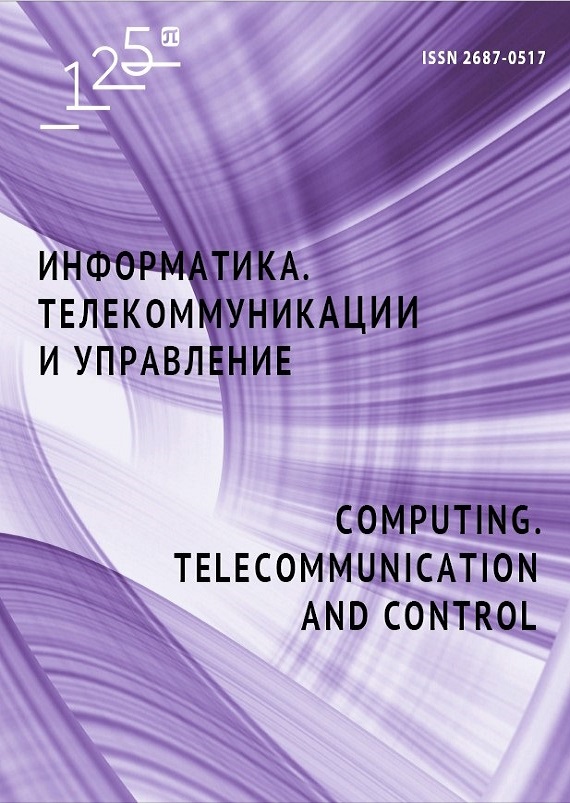Exo-intelligent hybrid supercomputer platforms for shared-use centers
The article discusses the possibilities of increasing the real performance of hybrid supercomputer platforms consisting of different types of processor nodes (CPU, GPU, FPGA) operating in the mode of shared-use computational resources. The conceptual difference of the proposed approach from widespread supercomputing cluster platforms can be metaphorically expressed as «Less Moore, more brain.» The considered approach shifts the focus of technology development from classical methods of increasing the performance of HPC platforms by adding new hardware multi-core computing components to more complex exo-intelligent solutions that use inductive (internal) and conceptual (external) data to implement machine learning methods for the purpose of optimally distributing available hardware resources between different classes of user applications. The proposed three-level architecture of hybrid computing platforms opens up new opportunities both for efficient scaling of user program execution processes, and for reification of descriptions of new algorithms by generating corresponding texts of computer programs, as well as interpreting the results obtained based on the use of statistical information, the carrier of which is censored data characterizing the experience of executing user applications in the mode of shared use of hybrid computational resources.


